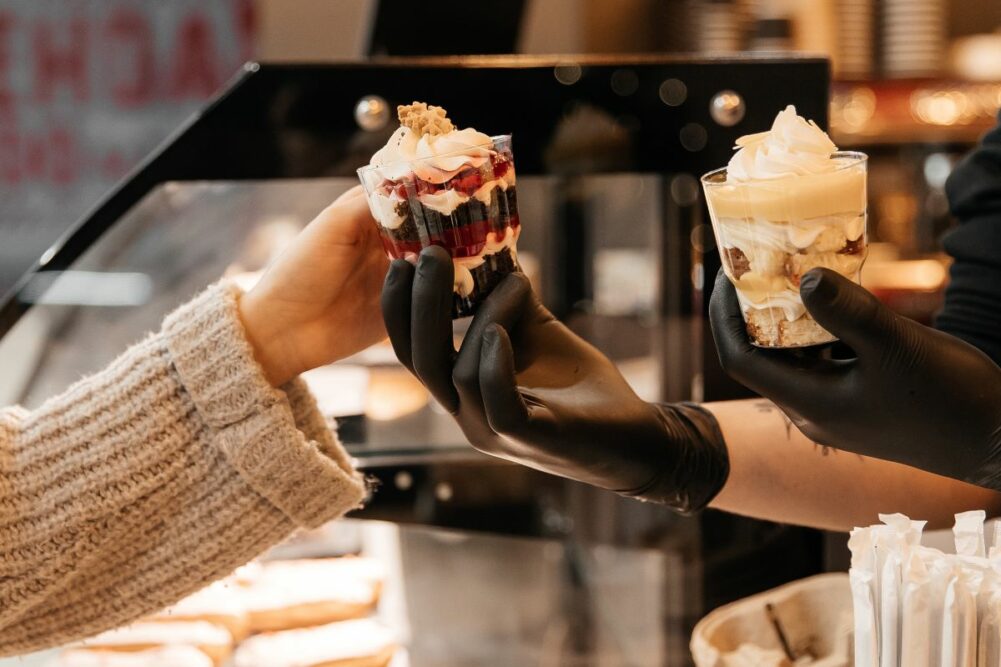CHICAGO — Consumers have faced difficult economic times the past few years and have reduced spending in multiple areas.
They’re looking for ways to save — from the grocery store to at-home eating. David Portalatin, senior vice president and food industry adviser for Circana, said there’s been a migration from premium differentiated options to mainstream or private label choices.
“It’s up to the individual consumer,” he said. “Those items that create a sense of mental or emotional well-being beyond just the simple transaction and basic price point. An initial response to inflation is they might trade down to a less expensive brand or even a private label option.”
A survey from FMI — The Food Industry Association, conducted by The Hartman Group, said shoppers who are concerned about rising food prices are less likely to reduce the number of items they purchase. Of shoppers who are concerned about rising food prices, only 32% reported in February that they are buying fewer items as a strategy to address rising prices, down from 41% in October.
“Our national survey reveals persistent consumer concern about food and beverage prices, as the weekly spend for groceries increased in late 2022 and early in 2023,” said Leslie G. Sarasin, president and chief executive officer of FMI. “To address higher prices, shoppers are visiting more stores and seeking deals to stretch their dollars but are now less likely to cut back on the number of items purchased compared to six months or a year ago. This is an opportunity for our industry to continue connecting with shoppers on food-inflation-mitigating solutions.”
Consumers are starting to feel a bit more normal as 2023 progresses, said Mr. Portalatin. There’s some disinflation happening and while prices are still rising, the rate of increase is no longer in the 10% range.
“Over time you’ll start to see some behaviors normalize back the other way,” he said. “And with frugal fatigue, which is this idea that the consumer is cutting back and we’re cutting back in some big ways in our discretionary purchases. Like maybe we didn’t buy the big screen TV or new pair of sneakers because we had to focus more of our spending on the necessities like food and beverages. We get tired of that and sometimes we just need to feel good about things.”
Frugal fatigue has caused consumers to focus on necessities like food and beverages. But Mr. Portalatin said they’re starting to focus on themselves as the economy comes out of a period of high inflation.
“Reality is that yes, we do need to take care of physical needs, but consumers today really recognize that we also need to take care of our mental and emotional well-being and there are relatively inexpensive ways to do that,” Mr. Portalatin said. “Consumers can go to a specialty coffee shop and buy a $7 or $8 coffee. Those outlets are doing well right now because it’s one of those ways consumers can have that small treat.”
Looking forward, Mr. Portalatin said consumers will go back to normal spending habits.
“One thing that’s certain is the American consumer must eat,” he said. “Our outlook suggests, in spite of a lot of headlines, you’ll see normal consumer spending patterns resume and we’ll start to consider more premium attributes again and start to make different evaluations. The total value equation, not just the absolute lowest price."





